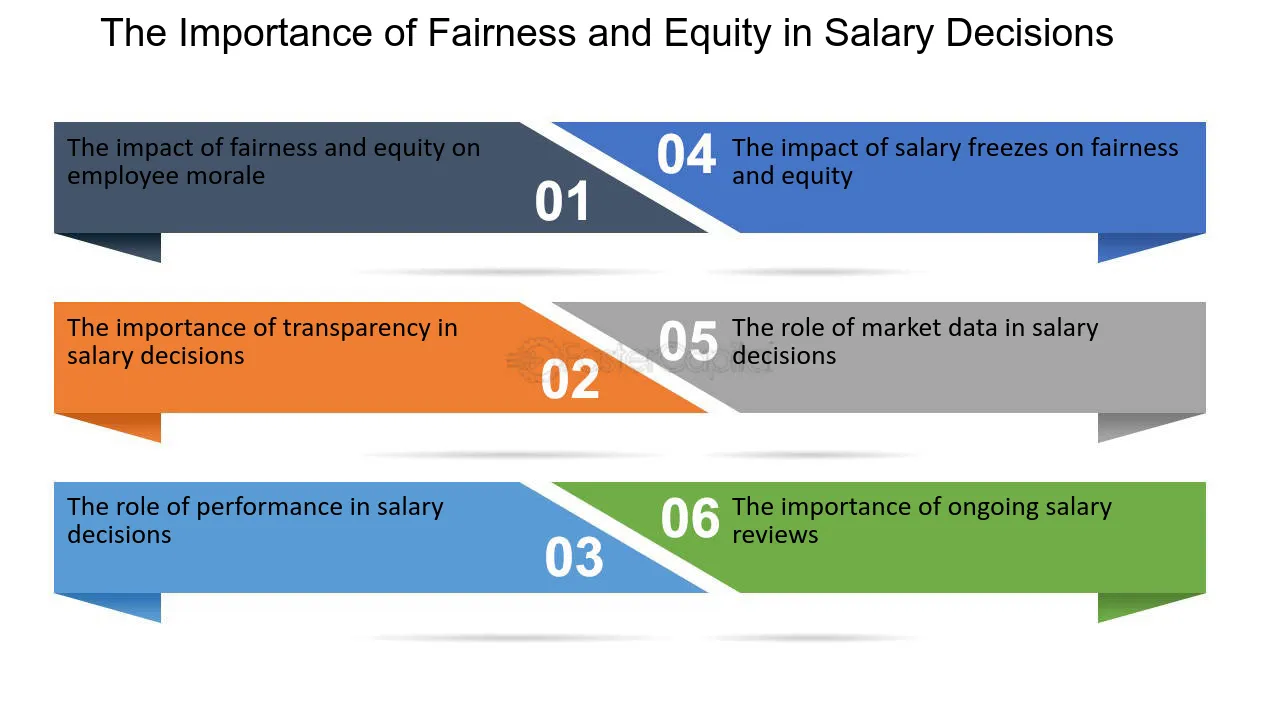Salary fairness refers to the principle that employees should be compensated equitably based on their skills, experience, performance, and the value they bring to the organization. It’s a critical aspect of workplace justice and employee satisfaction.
Factors Affecting Salary Fairness
Several factors can influence the perception of salary fairness:
- Job Role and Responsibilities: Employees with similar roles and responsibilities should receive comparable pay.
- Performance and Productivity: High-performing employees should be rewarded with higher compensation.
- Experience and Qualifications: Employees with more experience and qualifications may command higher salaries.
- Market Rates: Salaries should be competitive with industry standards and local market rates.
- Company Performance: The financial performance of the company can impact salary increases and bonuses.
- Company Policies and Procedures: Clear and transparent compensation policies can promote fairness.
Challenges to Salary Fairness
- Pay Disparity: Differences in pay between genders, races, or other demographic groups.
- Lack of Transparency: Lack of transparency in compensation decisions can lead to perceptions of unfairness.
- Subjective Performance Evaluations: Subjective performance evaluations can lead to biased pay decisions.
- Unconscious Bias: Unconscious biases can influence pay decisions, leading to disparities.
Promoting Salary Fairness
To promote salary fairness, organizations can implement the following strategies:
- Regular Salary Reviews: Conduct regular salary reviews to ensure that compensation is aligned with performance and market rates.
- Transparent Compensation Policies: Develop clear and transparent compensation policies that are communicated to all employees.
- Objective Performance Evaluations: Use objective performance metrics to assess employee performance.
- Regular Training on Bias and Fairness: Train managers and HR professionals on unconscious bias and fair compensation practices.
- Employee Surveys: Conduct employee surveys to gather feedback on compensation and benefits.
- Third-Party Audits: Consider conducting third-party audits to assess pay equity.
By prioritizing salary fairness, organizations can create a more equitable and motivated workforce, improve employee satisfaction, and enhance their overall reputation as a fair and ethical employer.




